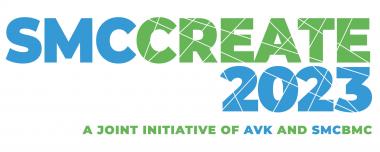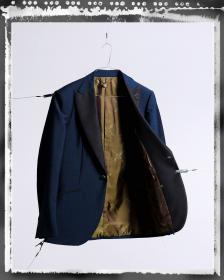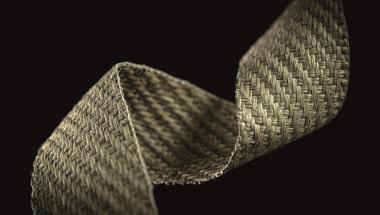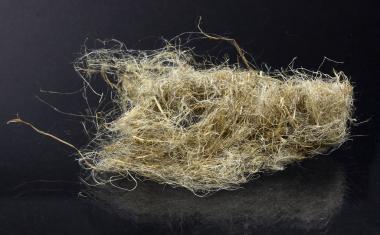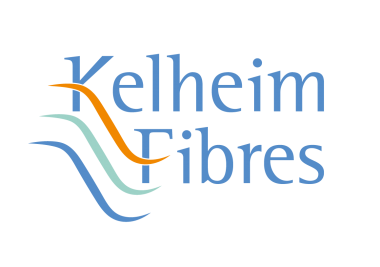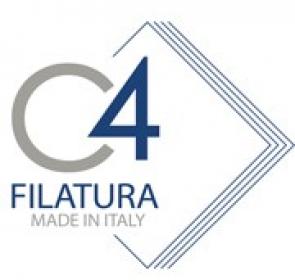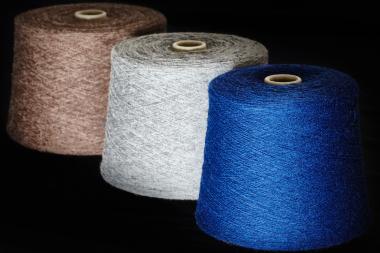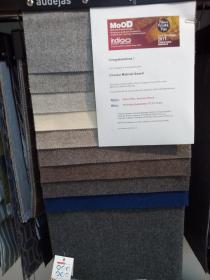Lenzing: Sustainable geotextiles as glacier protection and jacket
The Lenzing Group has created an innovative concept that contributes to the sustainable protection of our glaciers while inspiring collective action for sustainable practices and a circular economy in the nonwovens and textile value chain. The concept, which was artistically staged by the Italian artist Michelangelo Pistoletto, was presented on March 21, 2024, as part of the International Day of Forests celebrations at the Palais des Nations, the headquarters of the United Nations Office at Geneva (UNOG).
The melting of glaciers is being severely impacted by global warming. Geotextiles are used to protect ice and snow. However, the nonwovens used for this are made of fossil-based fibers, which allow microplastics1 to enter the valley via streams and may enter the food chain through small organisms and animals. Nonwovens made from cellulosic LENZING™ fibers, which are biodegradable at the end of their life cycle and can be completely recycled, are the sustainable solution to this problem.
The covering of a small area with the new material made from LENZING™ fibers was tested for the first time during a field test on the Stubai Glacier. Four meters of ice were saved from melting. This was confirmed in a study conducted by the University of Innsbruck and the Austrian glacier lift operators on the Stubai Glacier in Tyrol (Austria). In 2023, the pilot project was successfully extended to all Austrian glaciers used by tourists.
Last year, the project was also awarded first place in the prestigious Swiss BIO TOP Awards for wood and material innovations.
Lenzing takes this innovation project as an opportunity to inspire collaborative action towards sustainable practices and circularity in the textile value chain. Together with a network of innovative partners, Lenzing is working on processing geotextiles into new textile fibers giving them a second life as a garment. The use of geotextiles is usually limited to two years, after which the nonwovens would be disposed of. In the first phase of the pilot project, the recycling of nonwovens made for geotextiles use has been successfully tested and a fashionable “Glacier Jacket” has been produced, showcasing that the recycling of geotextiles is viable. Next to Lenzing, the network includes Marchi & Fildi Spa, a specialist in the field of mechanical recycling, the denim fabric manufacturer Candiani Denim and the fashion studio Blue of a Kind.
Lenzing AG











